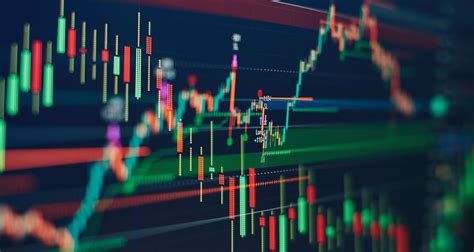The role of liquidity groups in decentralized finance (defi)
As the cryptocurrency market continues to evolve, decentralized finances (DEFI) have become a new border for financial transactions. Defi is an open source platform that allows users to interact with intelligent contracts and allow safe, transparent and efficient financial services without the need for intermediaries or centralized authorities. One of the key components that drive the growth of DEF is the use of liquidity groups.
** What are liquidity pools?
A liquidity group is a decentralized exchange mechanism (DEX) that allows users to deposit and remove cryptocurrencies from favorable rates. In traditional exchanges, the trade of market manufacturers facilities to provide liquidity to both buyers and sellers. However, these mechanisms often come with high rates, slow execution times and limited participation for non -participating users.
The role of liquidity groups in Defi
Liquidity groups play a crucial role in the authorization of decentralized financial markets, including those of the defi space. By providing a platform for users to deposit and remove cryptocurrencies to competitive rates, liquidity groups facilitate people to participate in financial markets without the need for traditional exchanges.
Here are some key benefits of defi liquidity groups:
- Greater participation : Liquidity groups allow non -participating users to take advantage of market opportunities by providing access to a broader range of commercial assets and routes.
- Reduced rates : By reducing transaction costs, liquidity groups reduce the load of users seeking to participate in defi markets without sacrificing gain margins.
- Improved efficiency : Liquidity groups can facilitate faster execution times by adding multiple market manufacturers on a single platform, which allows a more efficient trade and reduced cononance.
- Improved security : By providing decentralized exchange mechanisms, liquidity groups reduce the risk of piracy or manipulation, since transactions are recorded in a block chain.
Types of liquidity pools
There are serious types of liquidity groups used in DEF, which include:
- Pools for manufacturers : These swimming pools coincide with buyers and vendors with market manufacturing activities.
- UNISWAP Pools : UNISWAP is one of the best known liquidity grouping platforms, which allows users to trade between different assets in their decentralized exchange.
- Balancer pools : BALANCER is another popular liquidity grouping platform that allows users to buy, sell and exchange several assets.
Real world examples
Several Defi protocols have successfully implemented liquidity groups to the installation cryptocurrency trade:
- UNISWAP V3 : The UNISWAP V3 protocol uses a decentralized exchange mechanism with built -in liquidity group to allow operations between different assets.
- BALANCER DEX : The balancer is an open source liquidity pool platform that provides a decentralized exchange for several defi applications.
- Sushiswap

: Sushiswap is a deficit ecosystem that uses liquidity groups for facilities trade in its decentralized exchange.
Conclusion
Liquidity groups play a vital role in the development of decentralized finances (DEFI). By providing users with access to more efficient, transparent and safe financial markets, liquidity groups are essential for the adoption of blockchain -based applications. As the Defi space continues to evolve, we can expect to see that even more innovative solutions arise, including the new types of liquidity grouping mechanisms that will further democratize access to financial markets.

